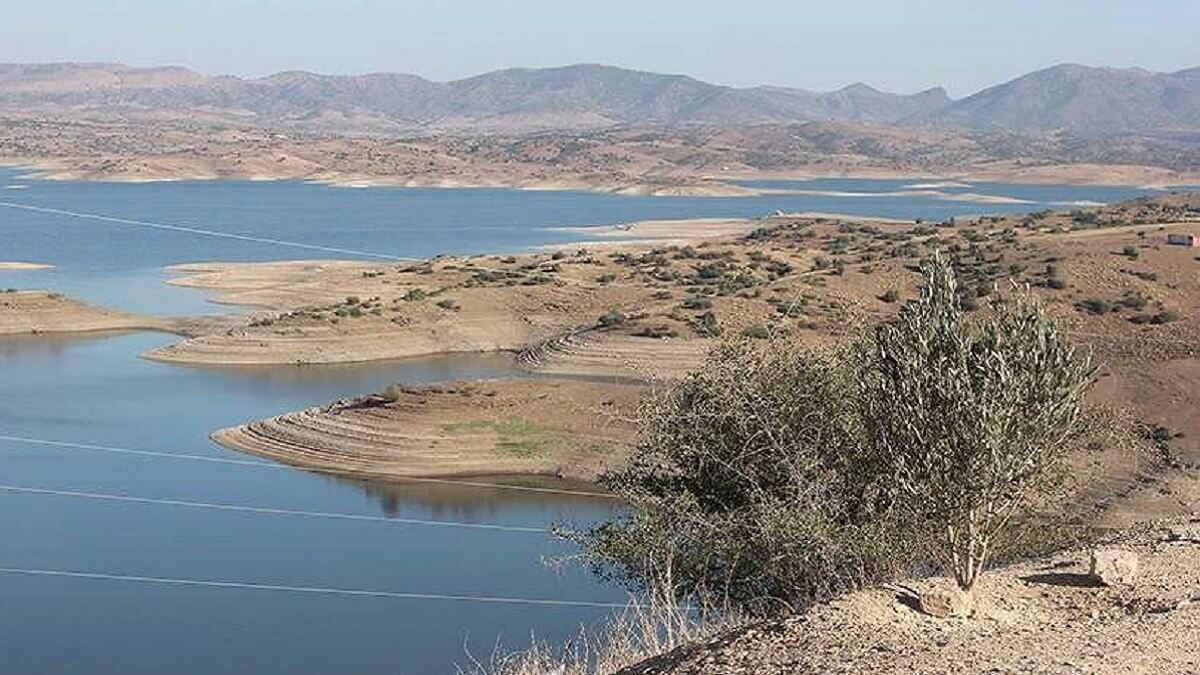Morocco is not standing idly by in the face of the threat of drought, aggravated in recent times by the effects of climate change. The objective of guaranteeing the supply of drinking water in a sustainable way forces us to look for alternatives.
That is where the National Drinking Water Supply and Irrigation Program 2020-2027 appears, already activated and with which innovative initiatives in this field are going to be launched, in addition to taking traditional measures, such as the construction of new dams, something that is already in process.
This program that aims to guarantee the water supply has an investment of 143 billion Moroccan dirhams – almost 13 billion euros – and they are focused on the creation of new infrastructures. One of them is the connection project between the basins of the Sebou and Bouregreg rivers, the purpose of which is to achieve a flow rate of approximately one million cubic meters of water per day, which would translate into a volume of 360 million cubic meters per year. Thanks to this initiative, the water supply for the Rabat-Casablanca axis would be guaranteed.

On the other hand, in order to supply the cities of Berkane and Saidia, the National Office of Electricity and Drinking Water has initiated another project that, if the set objectives are met, should raise the production capacity to 56,160 cubic meters per day. In the same vein, an agreement was signed on July 5 with the Cherifian Phosphate Office that will provide a supply of 10 and 30 million cubic meters of water to the cities of Safi and El Jadida, respectively, with room for growth in the coming years.
One of the most important projects is the one that surrounds the city of El Aaiún. Already last year, the first batch of water was delivered from the new desalination plant. But the intention is that this plant will improve its performance soon thanks to three new reservoirs whose total capacity would be above 5,500 cubic meters. In addition, it is intended to add pumping stations and a remote control system, which would also allow water to be supplied to neighboring areas such as Marsa and Foum El Oued.

All these projects that the Alawite kingdom has launched have caused an important growth in desalination capacity thanks, especially, to the dozen new plants created. Although the intention is that this trend will continue to grow thanks to the association of public-private entities, which, as they understand in Morocco, could streamline the process and, above all, benefit both, the public relying on the experience and resources of private entities. Thus, it is intended to achieve the goal of generating enough infrastructure to store 27 billion cubic meters of water.
Source : Atalayar











